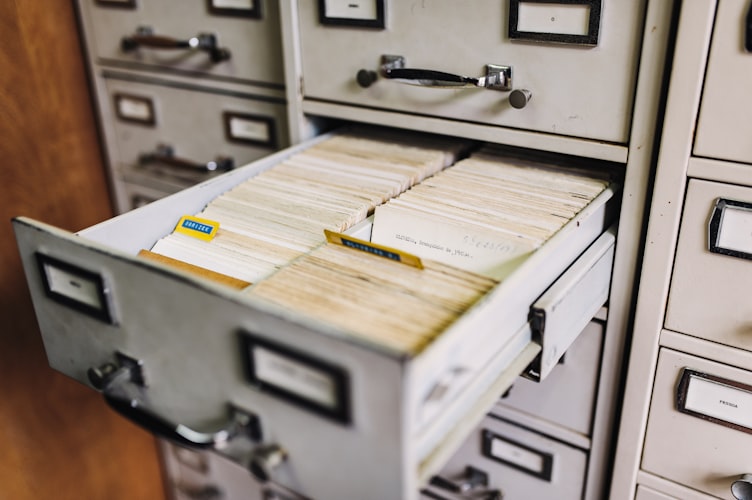The Fake Degree Problem
Small businesses are not the only victims of these fake degrees. There have been several sensational scandals regarding important members of large companies having faked their degrees. In 2012, the former CEO of Yahoo, Scott Thompson, was found to have faked his computer sciences degree. This scandal happened at a very difficult time for Yahoo, which was already falling prey to the increased competition from Google and Facebook. This resulted in a major crash in Yahoo shares. Further proof that qualification fraud directly affects the bottom line. In South Africa, former SABC chairperson, Zandile Ellen Tshabalala falsely claimed to have a Bcom degree from UNISA (the University of South Africa). Additionally, it was discovered that Hlaudi Motsoeneng, SABC chief operations faked his matric qualification. Several other high-powered South Africans including a member of parliament have admitted to having faked their qualifications.
- Because fake degrees have become such a major industry there are thousands of different methods that these criminals use to create fake degrees, below are some examples.
- ● Individuals claim to have degrees from universities that do not exist. Many of these false institutions have very persuasive websites and other web presence. It is very difficult to determine which of these universities are real, as a simple search may appear extremely convincing.
- ● People that have never attended a known university and generate a fake degree from that institution.
- ● Some people who were once enrolled for a qualification but never finished, often present fake certificates of completion.
- ● This problem is not limited to degrees, other tertiary qualifications such as short courses and diplomas are often faked.



